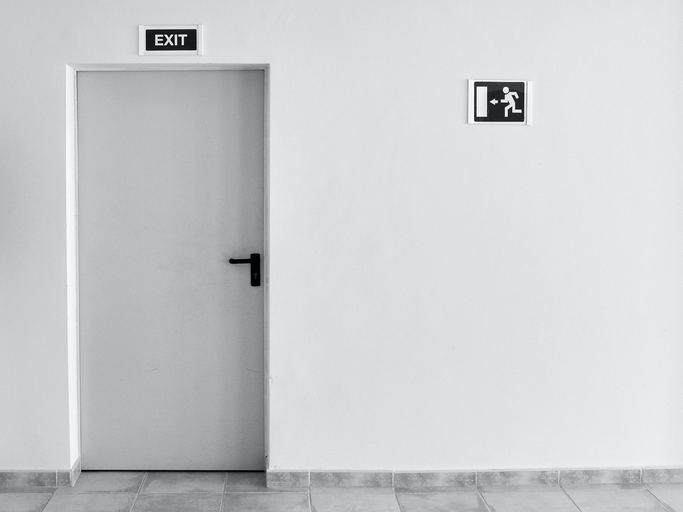The Landlord's Right of Entry into a Rental Unit in Ontario

One of the most critical aspects of renting a property is understanding the rights and responsibilities of both tenants and landlords. In Ontario, these rights and responsibilities are governed by the Residential Tenancies Act, 2006 (RTA). One key issue that often arises in the landlord-tenant relationship is the landlord's right of entry into a rental unit.
To shed light on this matter, we'll explore Interpretation Guideline 19, a resource provided by the Landlord and Tenant Board, which outlines the rules and regulations surrounding landlord entry into rental units.
Tenant's Right to Possession and Reasonable Enjoyment
The RTA clearly outlines that tenants have the right to possess and reasonably enjoy their rental units. At the same time, landlords have the right to enter a rental unit under specific circumstances, provided they follow the procedures outlined in the RTA.
Entry Without Notice
Section 26 allows a landlord to enter the rental unit without providing advance notice under the following conditions:
- In cases of emergency.
- If the tenant consents to the landlord's entry at the time of entry.
- When the tenancy agreement requires regular cleaning, the landlord may enter at the specified times in the agreement or, if not specified, between 8:00 a.m. and 8:00 p.m.
- If the landlord and tenant have agreed to terminate the tenancy, or one party has given notice of termination, the landlord may enter between 8:00 a.m. and 8:00 p.m. to show the unit to prospective tenants, provided the landlord has made reasonable efforts to inform the tenant in advance.
It's essential to note that even if a tenant has requested repairs, the landlord cannot enter the unit for repairs without the tenant's consent at the time of repair.
Entry With Notice
Section 27 allows a landlord to enter a rental unit with at least 24 hours written notice to the tenant for specific purposes, including:
- To carry out repairs, replacements, or work in the unit.
- To allow potential mortgagees or insurers to view the unit.
- To permit authorized professionals to conduct inspections to satisfy legal requirements.
- To carry out inspections to ensure the unit's compliance with health, safety, and maintenance standards.
- For any other reasonable reason specified in the tenancy agreement.
Written notice must include the reason for entry, the date, and a time window between 8:00 a.m. and 8:00 p.m.
Other Considerations
- The RTA allows a landlord's agent or authorized personnel to enter on the landlord's behalf.
- Specific entry times should be stated in the notice if known, or a reasonable window of time can be provided.
- The frequency of entry should be minimized to what is necessary.
- The tenant's rights to remain in the unit during entry are upheld, but a tenant cannot unreasonably deny entry based on inconvenience.
Tenants' Rights and Responsibilities
Tenants can remain in the rental unit during landlord entry unless the tenant is not present at the time of entry. A tenant can deny entry if the landlord has not met the requirements of the RTA, but inconvenience alone is not a valid reason for denial.
Tenants should cooperate with the landlord and ensure access to areas where work will occur, including safely restraining pets during the entry.
Understanding the landlord's right of entry into a rental unit is crucial for both tenants and landlords to maintain a harmonious tenancy.
While Interpretation Guideline 19 provides valuable insights, it's essential to consult the Residential Tenancies Act, 2006, for the most up-to-date information and seek legal advice if you have specific concerns or questions about your rights and responsibilities as a tenant or landlord.